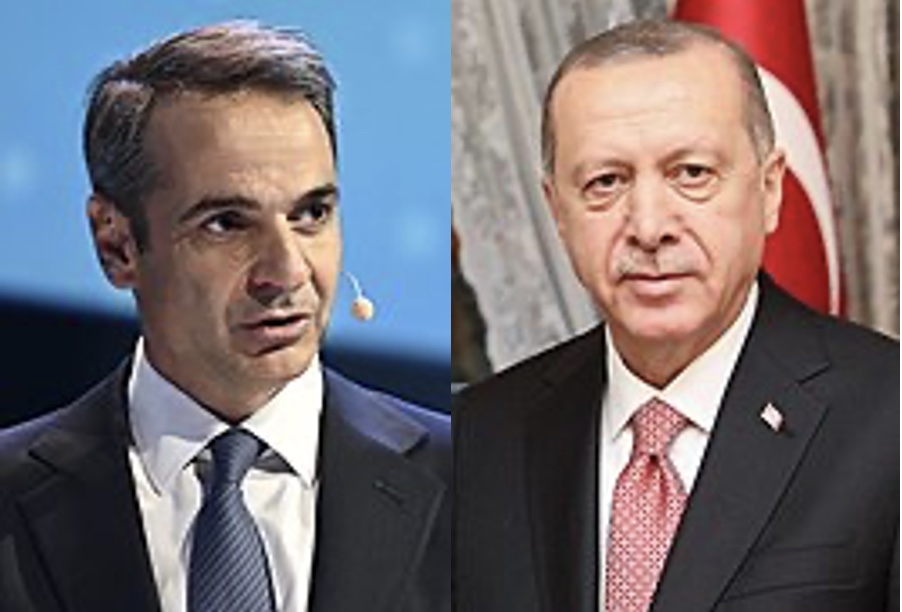Beginning the long walk to peace: Greece, Turkey, and geopolitical codes

Prime Minister Kyriakos Mitsotakis of Greece in 2019 and
President Recep Tayyip Erdogan of Turkey in 2018.
Ben Johnson -On Thursday, in a historic reversal of positions, leaders of Greece and Turkey discussed and signed a declaration promoting friendly relations. While the declaration isn’t legally binding, it is a significant change and step toward peace in what has been a largely hostile relationship. To many, this shift comes as a surprise. However, one can better understand the reasoning behind this decision through geopolitical codes.
Geopolitical codes are how actors, in this case, two countries, decide to situate themselves on the international stage. These codes are dynamic and rely on a series of calculations. For example, a country must determine its current and future allies and enemies. Until recently, Greece and Turkey have identified each other as enemies or, at the very least, rivals. This calculation stems from a long history of conflict, primarily over territory and migration. Cyprus, a disputed territory between the countries, has remained a key agitator of Greek-Turkish tensions. Greece and Turkey’s change in geopolitical codes are likely based on a similar set of calculations: determining how to keep current allies and make potential allies more willing to work with you. While Turkey and Greece are both NATO members, their rivalry has drawn condemnation from other member states. In particular, the relationship between Turkey and much of the West has been steadily deteriorating. Turkey’s willingness to engage in peace talks is likely an attempt to fix these relations. In other words, keeping its current allies. An essential part of these calculations is how one presents and justifies a change in codes domestically and internationally. Prime Minister Kyriakos Mitsotakis of Greece and President Recep Tayyip Erdogan of Turkey stressed the importance of bridging the differences between the two nations and the need for regional stability.
An issue yet to be discussed between the leaders, but consistently the source of conflict is territorial rights in the Aegean and Mediterranean Seas. Greece and Turkey have claimed areas of these Seas as their territory, disputing and ignoring the other’s claims in a similar fashion to the ongoing Cyprus conflict. The discovery of energy sources in these disputed waters has only exacerbated tensions. This issue will be a crucial test of each country's commitment to its proposed geopolitical codes.
Source: European People's Party, CC BY 2.0
Source: President.gov.ua, CC BY 4.0

